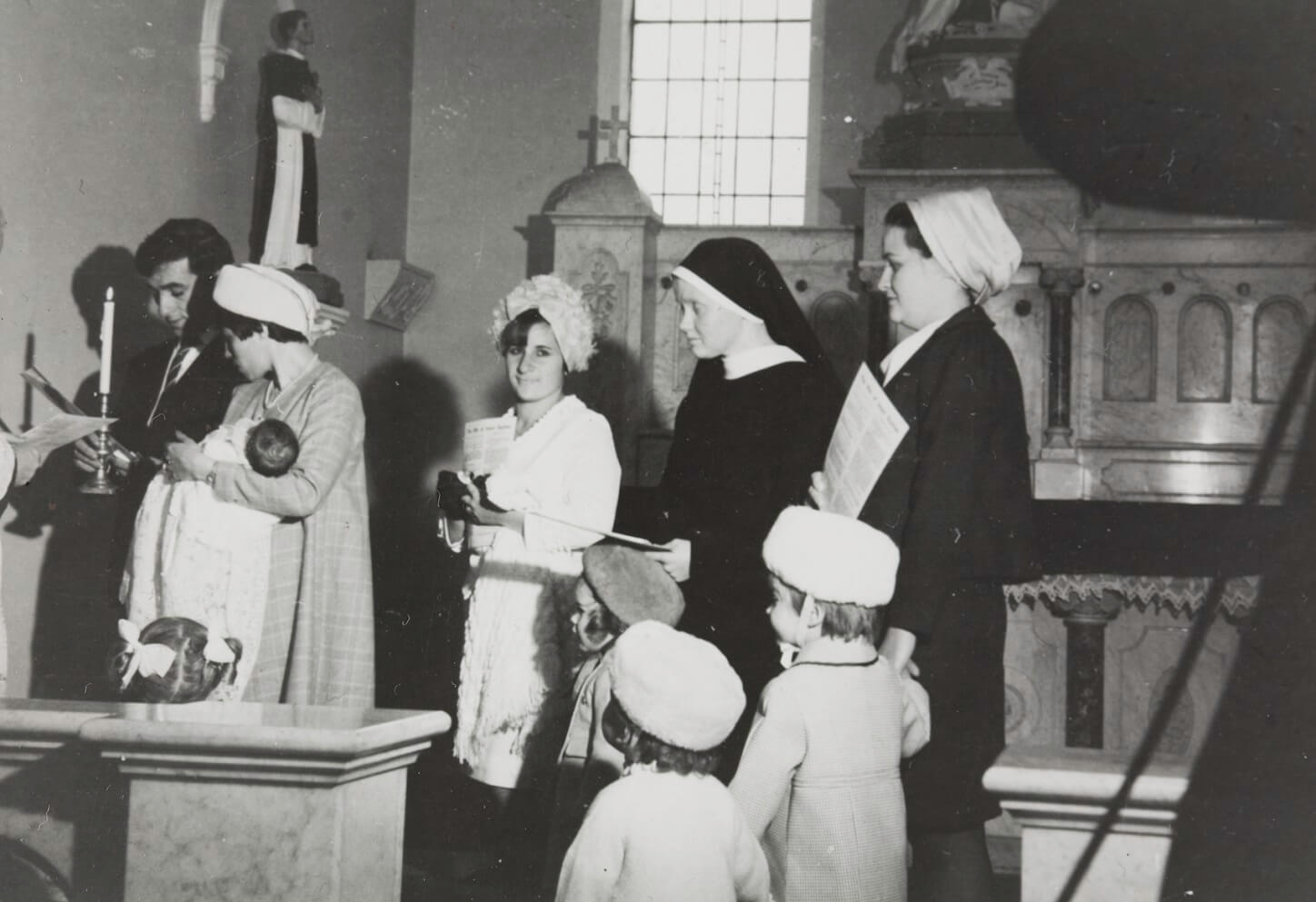‘… the most marvelous thing that has ever been invented.’ - Unnamed Melbourne woman, late 1990s.
The Pill was released in Australia in early 1961. It offered reliable contraception, without fuss or mess, and for the first time allowed women to engage in sexual activity without anxiety. At first the Pill was available only to married women, with a prescription from a doctor. And it was expensive — £2/3/9d per month, when the minimum monthly wage was only £20. But by 1964 the cost had halved (to about £1 per month) and usage quickly soared. The advent of family planning clinics from the early 1970s helped to make the Pill accessible to single women also. It was soon joined by other reliable contraceptives, like intra-uterine devices (IUDs), often used by women who were unable to take the Pill.
Safe, effective, contraception transformed sexual relations within marriage, and soon outside marriage too. Sexual fulfillment became a goal for both sexes. Young couples increasingly delayed marriage and childbearing, transforming family life once again. Both age at marriage and age at first birth rose steadily from the 1970s, while family size fell. It is now below replacement level, at about 1.8 births per woman.
‘Elizabeth with Stacey’, Australian Women’s Weekly, 5 April 1972
Reproduced courtesy National Library of Australia
More relaxed courtship attitudes in the 1950s and sixties saw a steep increase in pre-marital sexual activity. The sad result was many unplanned pregnancies, especially among teenagers. Those women who did not marry were often forced to surrender their babies for adoption. The pill did not change this overnight, but attitudes were shifting. When ‘Elizabeth’ chose to keep her baby in 1972 she faced less stigma, but a tough economic battle.
Lhuede family christening, St Joseph’s Catholic Church, Port Melbourne, c. 1969
Reproduced courtesy Museums Victoria
A papal ban on artificial contraceptives was confirmed in 1968, presenting Catholic women with a moral and spiritual dilemma. Migrant women were also less likely to use the Pill at first.



